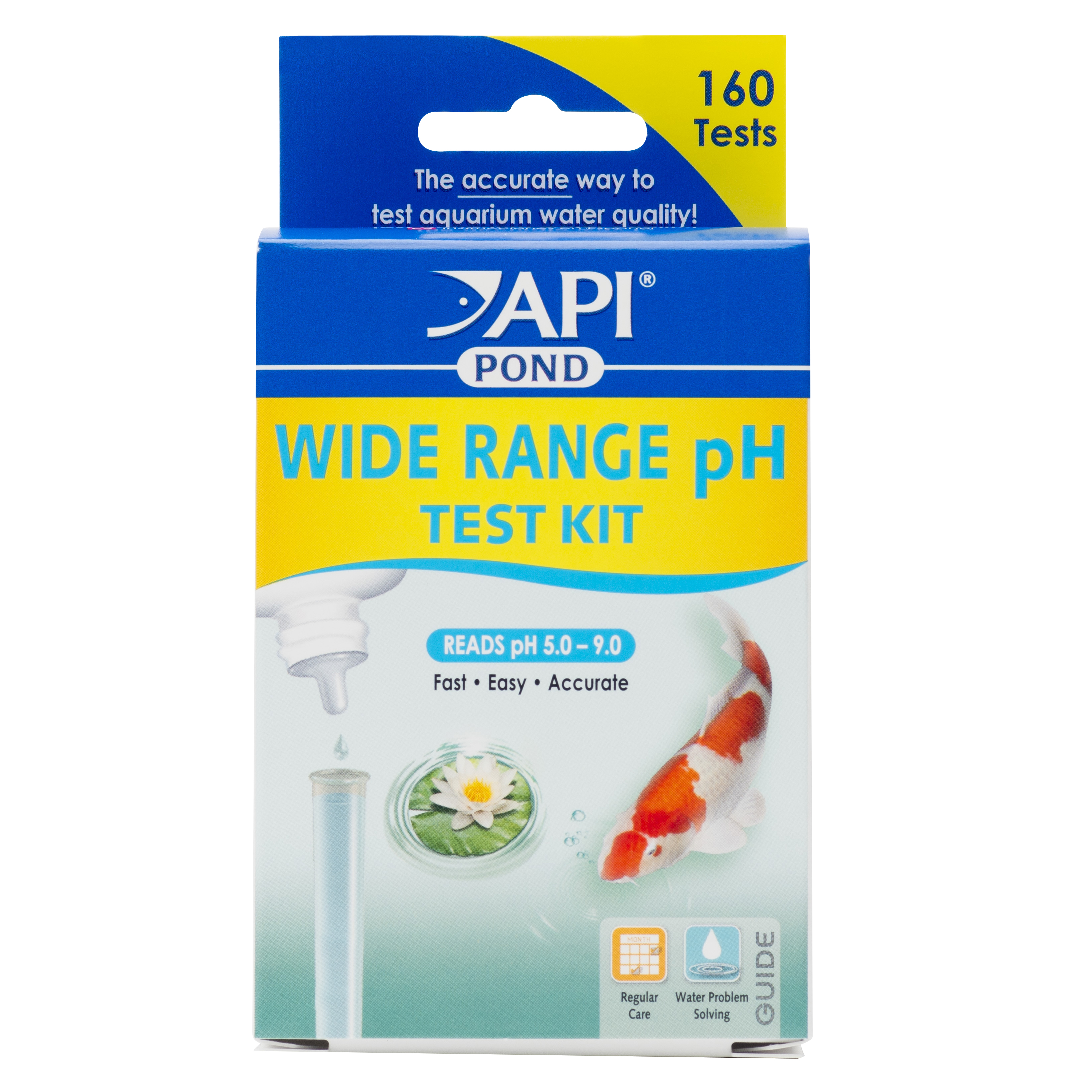There are several reasons one needs the ammonia kit. The precursor to nitrite and nitrate is ammonia. So, if youhave ammonia it wiill be followed by the other two. You can not counteract ammonia when it is a problem. We deal with Total Ammonia which is the sum of both forms of ammonia. One can use the choride in salt to handle nitrite and nitrate needs to build up to higher numbers than either ammonia or nitrite before it becomes a serious issue.
There are a number of things the can occur in a tank which result in an ammonia spike. If a fish dies and we do not notice it, there vcan be ammonia, If we forget to add dechlor after a water change, there can be ammonia as well as chlorine/chloramine. If we add too many new fish we may get an ammonia spike. If we are having problems in a tank the very first thing we want to do is to eliminate ammonia as the cause. How do we do that if we have no ammonia test? And then there is the chance that one may set up a new tank they need to cycle.
I cam pretty much cycle using only the ammonia kit and my TDS meter. But I know what to expect and thus I can detect things using the TDS tester which I could not do without understanding a bunch of the science involved.
Next, I considered suggesting a TDS meter. But one needs to be well grounded in the chemistry of tanks to understand the readings. TDS meters basically measure everything in the water. However, it does not tell us what things there are. A TDS meter is actually a conductivity meter which uses a set formula to convert the microsiemens of conductivity into the ppm of TDS.
Here are some of the things that could contribute to TDS readings. Disoloved organics, ions such as ammonium, nityrite or nitrate. ythe components being tested by both a KH and GH kit. And if one's pH starts to drop, the KH kit will tell us when we need to act by raising tthis number.
Here is why you do not need a nitrite test kit until you know you do. You cannot get nitrite if you do not have ammonia first. If you know how much ammonia you have, you can determine the maximum nitrite you might get. But it is not common to get the maximum possible.
I suggested the kits I did because you have two situation ongoing. The first is you have already cycled your tanks. So unless you are planning to cycle a new tank, you do not need a nitrite kit. If you decide to set up a new tank, then you have the option to get the nitrite kit. This is the second reason I suggested what I did.
Here is what I know without a doubt. The two thing you absolutely do not need at this time are a nitrite kit or a TDS meter. You are not yet familiar with all of the things that you need to know to have these things as your only testing supplies. And there is no reason to spend your limited resources on them.
If you were setting out to cycle your first tank, I would have suggested a different mix of kits. If you were not having to work withing a limited budget, I would have suggested you get more tests even though you may or may not ever need to use them. I have all the tests and a couple of TDS meters and then one continuous monitor for one tank which give real time readings for conductivity/TDS, Temperature and pH. It took me a few years inthe hobby before I got into digital testing equipment.
I am going to suggest to you that you go to a site which will help you understand most of the basics about water chemistry that you should become familiar with to make your life easier.
Go here
https://fins.actwin.com/aquariafaq.html
Click on
Your First Aquarium and then skip down to the section on
Practical Water Chemistry. Start reading there and keep reading through
Altering Your Water's Chemistry.
The above should help you a bunch and it is pretty easy too understand. A bit of it is outdated but for the moast part it is pretty good. it is where I got my first taste of tank water chemistry and what that involved. Also, you might also want to read the second article here on Rescuing a Fish-in Cycle gone wild.
https://www.fishforums.net/threads/rescuing-a-fish-in-cycle-gone-wild-part-il.433778/
The parts you should read are
SOME IMPORTANT FACTS ABOUT AMMONIA and
SOME FACTS ABOUT NITRITE.
Btw, the least accurate of the test kits we might use is the nitrate kit. I have had my last three of these expire unused. Because I tend to run biofarms for filters rather than cycling tanks, I need the ammonia kit and a TDS meter. I sometimes need to test the kH when I see specfic TDs results on the meter. I rarely need the nitrite kit but I do use the pH kits. The reason I have the continuous monitor is that I cannot use test kits for the tank it is on as it has "tea stained" water and that makes reading test result colors almost impossible.




